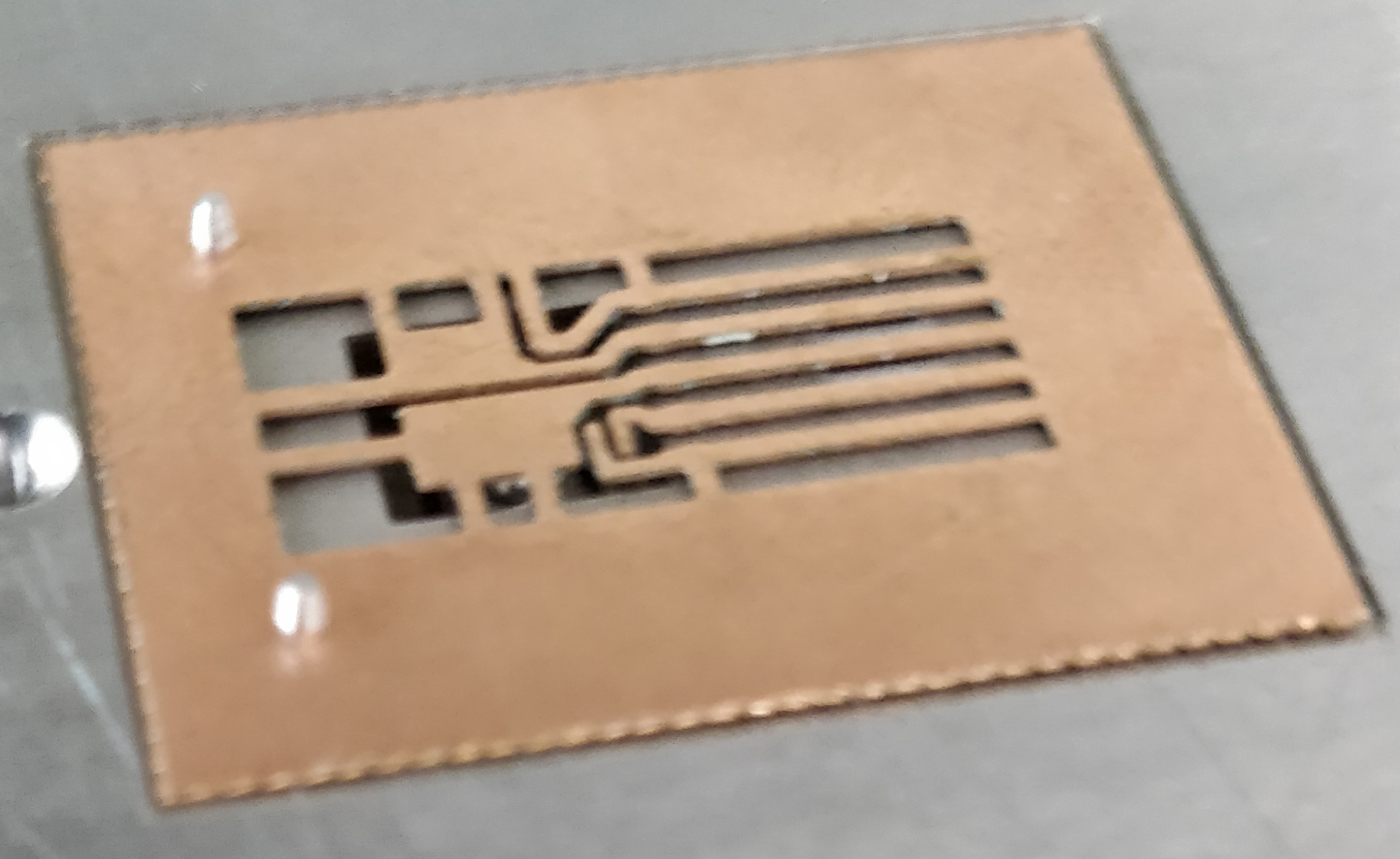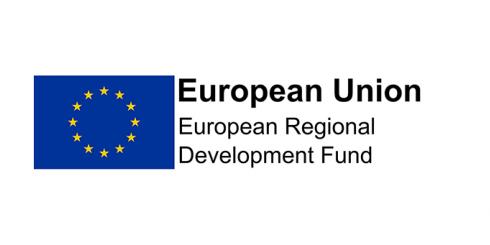Centre for Sensors, Instruments and Systems Development
Universitat Politècnica de Catalunya
Shaping light to your needs




News
11/06/2017
back
PICEO - New micro-injection manufacturing process for photonics integrated circuits (PIC)
Integrated photonic circuits (PIC) play a key role in almost any activity. These components are better known as LEDs, fiber optics, etc. Its economic impact is huge since they are present in the industry, health, transport, lighting and many other applications. One of the most important elements of the PIC manufacturing processes is encapsulation. Its function is to protect the active elements, enable connectivity, dissipate the heat and facilitate the operation and installation procedures. The importance of encapsulation is key since their costs represent approximately 60% of the final cost of the component.
At present, the encapsulation of integrated photonic circuits is realized by means of the injection of thermostable plastic by his ease of use and reliability in the manufacturing process. The main drawback is the long processing time of the healing stage of thermostable plastic and its strong influence on the final cost of the component.
A few years ago, the CD6 started a research line to improve the manufacturing processes of optical components, including PICs. Last September, the activities of the project "Micro-injection Machine for Photonic Integrated Circuits encapsulation with optical performance using thermoplastic materials" began with the support of the AGAUR programme called PRODUCTE (2016 PROD 00064), with the aim of develop a new methodology for the manufacture of PICs with embedded optical elements. This methodology creates two main competitive advantages:
• Simplifies the manufacturing process as it is done in one step, it is fully automated and more economical. It is estimated that this process will bring a 50% reduction in the cost of encapsulation.
• Improves the final product performance (better optical efficiency)
The methodology covers the complete value chain of the manufacturing process, based on the components design, the use of a new process of industrial modeling with thermoplastics, and finalizes with a phase of verification of components.
The objective of the project is to validate the manufacturing technology by developing a pre-industrial prototype of the production line that also allows the CE marking approval.
This project has been cofunded by the European Regional Development Fund (ERDF) of the European Union within the framework of the Operative Programme of Catalonia 2014-2020.
At present, the encapsulation of integrated photonic circuits is realized by means of the injection of thermostable plastic by his ease of use and reliability in the manufacturing process. The main drawback is the long processing time of the healing stage of thermostable plastic and its strong influence on the final cost of the component.
A few years ago, the CD6 started a research line to improve the manufacturing processes of optical components, including PICs. Last September, the activities of the project "Micro-injection Machine for Photonic Integrated Circuits encapsulation with optical performance using thermoplastic materials" began with the support of the AGAUR programme called PRODUCTE (2016 PROD 00064), with the aim of develop a new methodology for the manufacture of PICs with embedded optical elements. This methodology creates two main competitive advantages:
• Simplifies the manufacturing process as it is done in one step, it is fully automated and more economical. It is estimated that this process will bring a 50% reduction in the cost of encapsulation.
• Improves the final product performance (better optical efficiency)
The methodology covers the complete value chain of the manufacturing process, based on the components design, the use of a new process of industrial modeling with thermoplastics, and finalizes with a phase of verification of components.
The objective of the project is to validate the manufacturing technology by developing a pre-industrial prototype of the production line that also allows the CE marking approval.
This project has been cofunded by the European Regional Development Fund (ERDF) of the European Union within the framework of the Operative Programme of Catalonia 2014-2020.
Extranet
CD6 Centre for Sensors, Instruments and Systems Development
Rambla de Sant Nebridi, 10 · 08222 · Terrassa (Barcelona)
Rambla de Sant Nebridi, 10 · 08222 · Terrassa (Barcelona)



